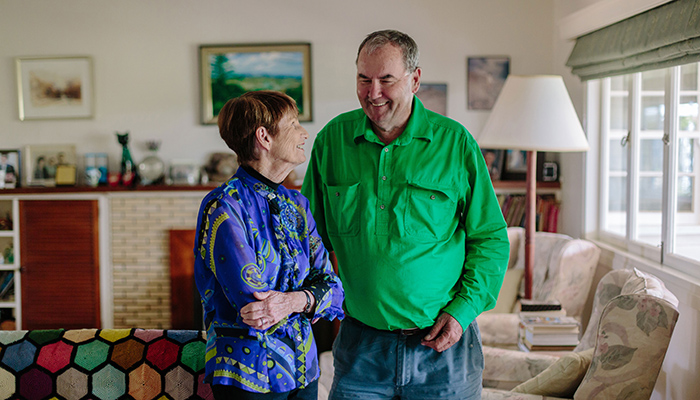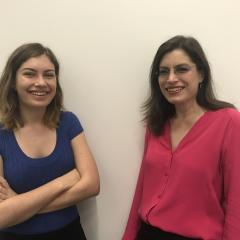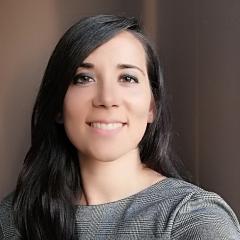Stroke
Stroke is an important disease to study. It affects more than 50,000 new Australians each year, is the nation’s third-biggest killer, and is estimated to cost the healthcare system $5 billion per annum in direct financial costs. QBI is dedicated to researching ways to better treat stroke, with the generous support of donors such as the Brazil family.
What is a stroke?
A stroke occurs when the blood supply to the brain is interrupted, causing neurons (brain cells) to die. A stroke occurs when a blood vessel, which carries oxygen- and nutrient-rich blood to the brain, is either blocked (an ischaemic stroke) or bursts (a haemorrhagic stroke).
What is the most common type of stroke?
Ischaemic stroke is the most common type, accounting for more than 80% of all stroke cases. In an ischaemic stroke, a blood vessel can be blocked by a blood clot or by an embolus (an object carried through the bloodstream) from another part of the body. Haemorrhagic strokes can occur where there is an aneurysm (a ballooning of the vessel wall) or an arteriovenous malformation (an abnormal connection beween the arteries and veins).
Stroke research at QBI

Brazil Family Program for Neurology
The multimillion-dollar program, generously funded by the Brazil Family Foundation, has greatly expanded QBI's research into stroke, as well as MND. The support of the Brazils and other funders has enabled our researchers to tackle the issue of stroke from multiple angles, including studying its neurological basis, and answering clinical questions on post-stroke management.
Stroke Research Community Outreach Day 2024
Learn more about stroke
Stroke support
In 2015 The Stroke Foundation launched enableme, a free online resource and community for stroke survivors, their families and supporters. enableme provides:
- Resources, fact sheets and videos on a wide range of practical topics impacting daily life after stroke
- A community forum to ask questions and share experiences with other stroke survivors, their families and carers who have ‘been there’
- A tool to track personal goals to recovery
- Strokesaurus – an A to Z guide to language used around stroke explained in simple words



